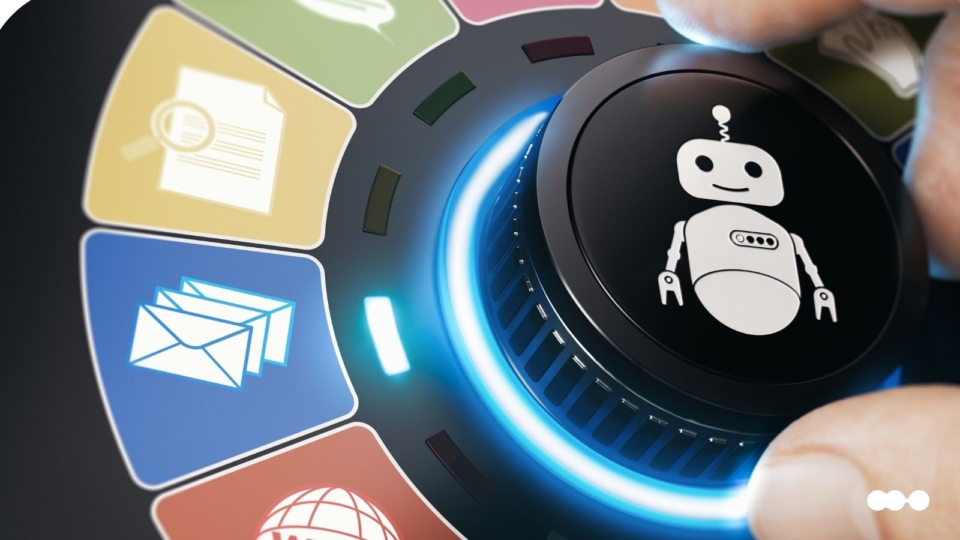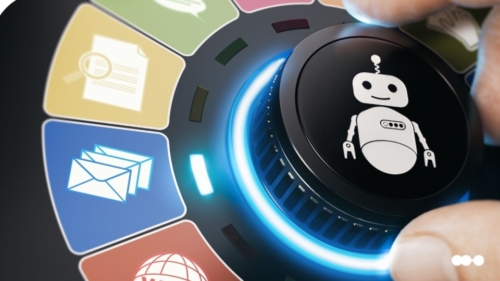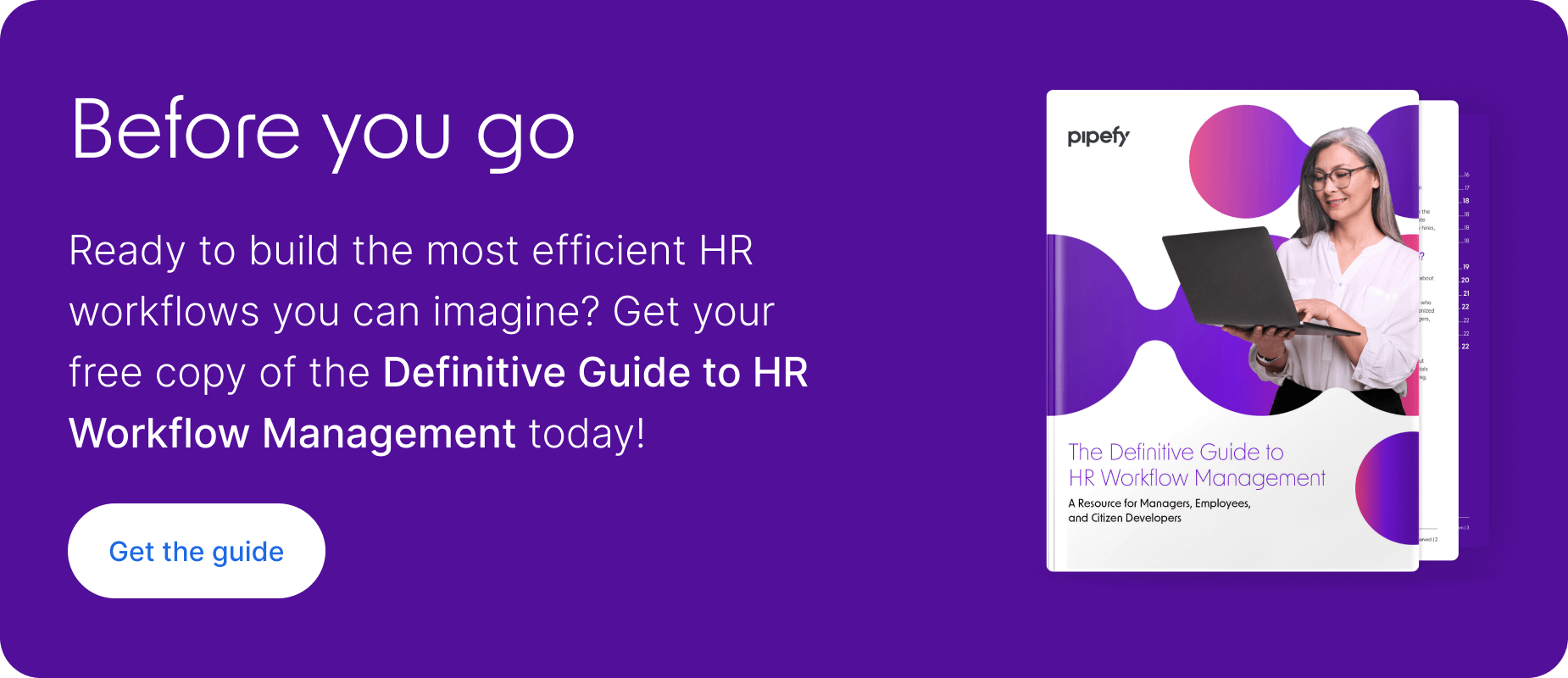
The digital age has officially arrived in Human Resources. What used to be a patchwork of slow, manual tasks is now running on speed, accuracy, and personalization—thanks to AI Agents in HR. These intelligent tools are flipping the HR playbook, redefining how companies recruit, onboard, and support talent with a sharper, more human touch.
Why Are AI Agents Gaining Traction in HR?
In today’s hiring landscape, speed alone won’t cut it—you need to get it right. That’s where AI agents step in as strategic partners. They help teams move quickly, identify stronger candidates, and create smoother experiences for everyone involved, from applicants to hiring managers.
These digital assistants can process large datasets, spot trends, and engage with people in natural conversations. The outcome? A personalized, efficient journey through every stage of the employee lifecycle, from first impression to long-term growth.
HR Operations Are Getting More Automated—And AI Agents Are Leading the Way
AI-driven recruiting tools now take on the heavy lifting—screening resumes based on clear, consistent criteria, analyzing behavioral patterns, and even conducting early interviews through chatbots that speak like humans. That means recruiters can spend less time on repetitive tasks and more time building real connections—while also minimizing unconscious bias in the process.
What does that mean in practice?
- Faster hiring turnaround
- Better candidate matches
- A smoother first touchpoint for applicants
- Centralized, data-based hiring decisions
Companies embracing this tech are already seeing a difference: stronger hires, smoother workflows. Why? Because these AI agents learn over time, improving their recommendations with each interaction.
AI in Onboarding: Making the First Day Count
First impressions matter—and that first day on the job can shape how a new hire feels for months. AI-led onboarding delivers a personalized, well-organized welcome, making sure people get what they need, when they need it.
Here’s how AI agents help:
- Sending nudges for pending tasks
- Answering FAQs about benefits, policies, or workplace culture
- Guiding employees through compliance and training
- Tracking engagement and gauging early feedback
The result? A warmer, more confident start—and less early turnover. Exactly what modern HR teams aim for.
Talent Management: AI as a Partner in Growth
The support doesn’t stop after onboarding. AI agents continue to play a key role, helping HR stay ahead of the curve by spotting trends and making data-backed suggestions.
In real-life settings, that includes:
- Identifying early signs of disengagement or burnout
- Recommending learning paths based on performance
- Auto-generating reports on employee progress
- Highlighting internal talent for succession planning
It’s proactive, not reactive—and it gives HR a chance to focus on growth, not just problem-solving.
Wrapping Up: A Future Where HR Is Smarter and More Human
AI agents aren’t here to replace HR professionals—they’re here to amplify them. When smart tech works alongside human empathy, the result is an HR function that’s both efficient and people-first.
From recruiting to onboarding to development, AI is already making a real difference in how leading companies attract and retain talent. Getting started now means staying ahead—building a forward-looking HR team that puts people at the center of every decision.
Ready to Rethink HR?
- Curious how Pipefy can help redefine your hiring, onboarding, and talent management workflows?
- Chat with a specialist and explore what smart HR automation can look like in your organization.
FAQs – Common Questions
What are AI agents in HR?
They’re AI-powered digital helpers that automate tasks, talk with users, and make informed decisions to keep HR moving efficiently.
How does AI improve the onboarding process?
By personalizing the experience, cutting down on admin work, and delivering the right info at the right time.
Does recruitment automation replace human roles?
Not at all. It supports recruiters by handling routine tasks, so they can focus on judgment calls and human connections.






